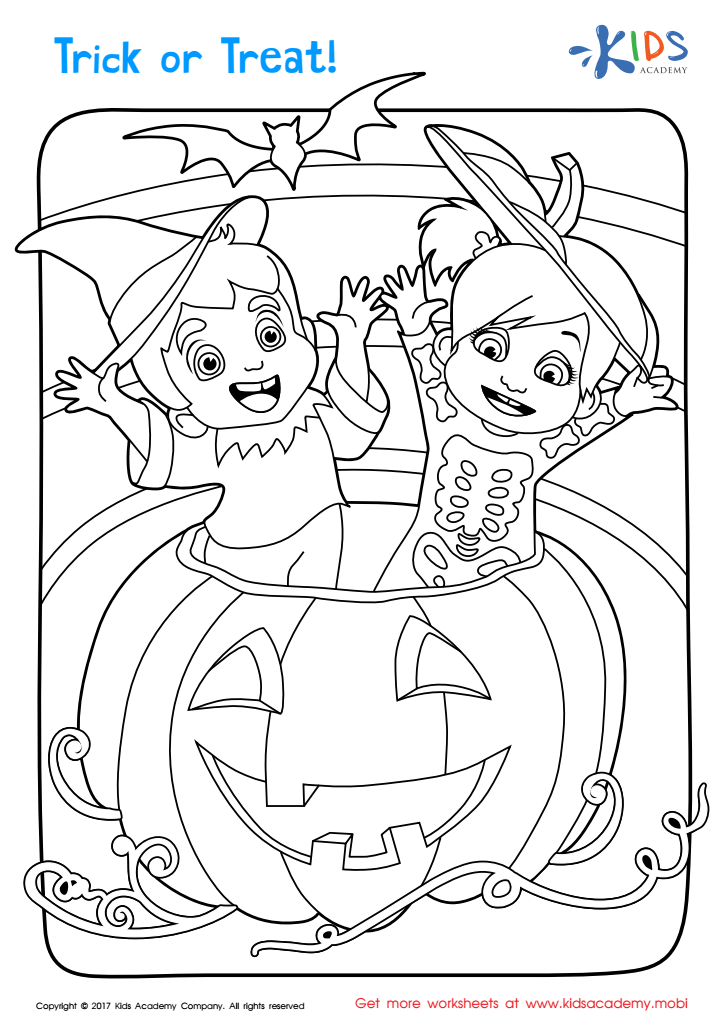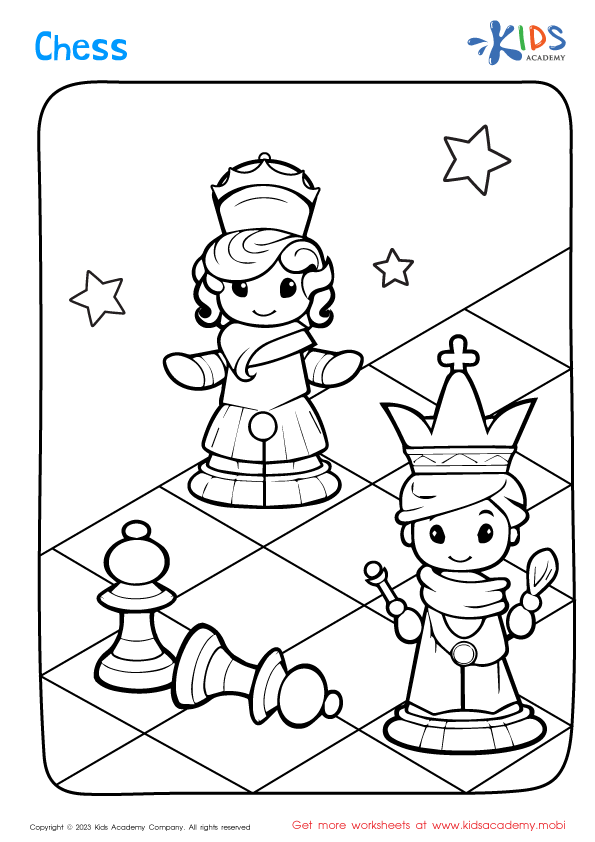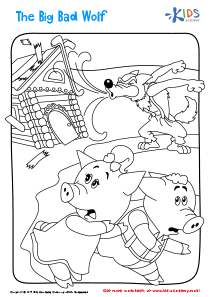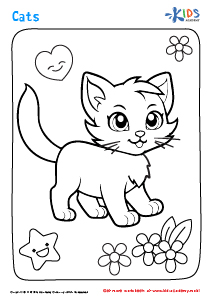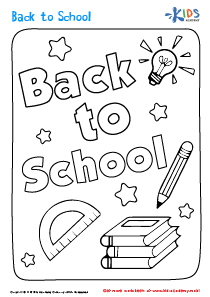Color Identification Coloring Pages Worksheets for Ages 6-9
14 filtered results
-
From - To
Our Color Identification Coloring Pages Worksheets are designed for children ages 6-9 to spark their creativity while strengthening essential learning skills. This engaging collection helps young learners identify and name colors through fun coloring activities. Each worksheet features vibrant illustrations and prompts that guide kids to recognize different hues, shades, and color names. Perfect for reinforcing color concepts in a playful and interactive manner, these worksheets are ideal for both classroom settings and at-home learning. Foster your child's artistic expression and cognitive development with our expertly crafted color identification resources, combining education with artistic joy!
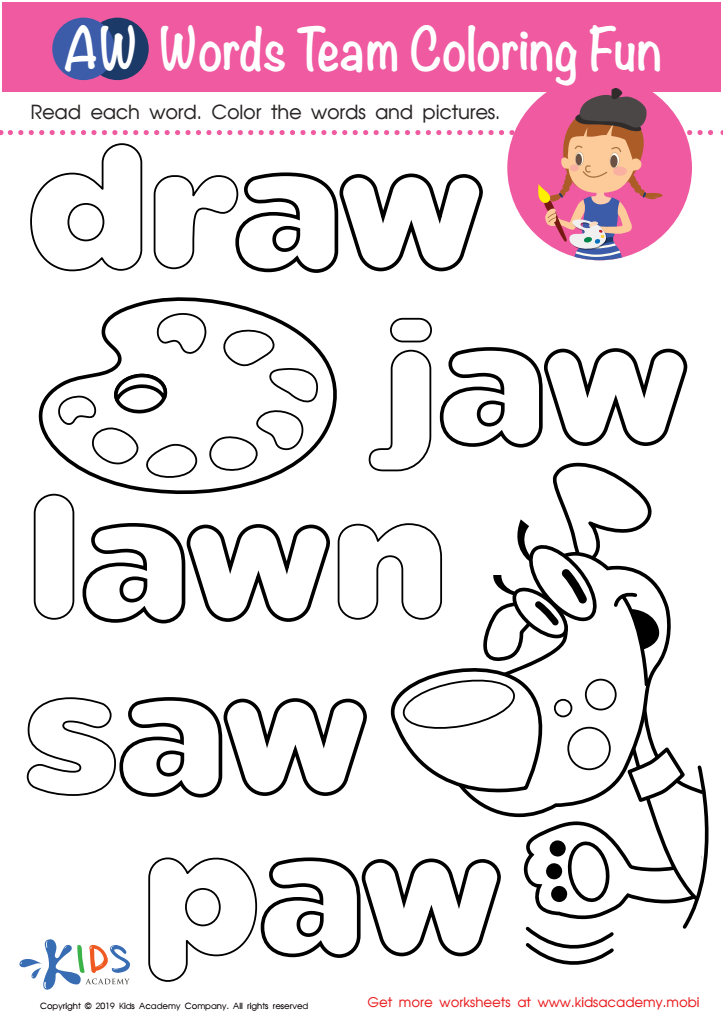

AW Words Team Coloring Fun Worksheet
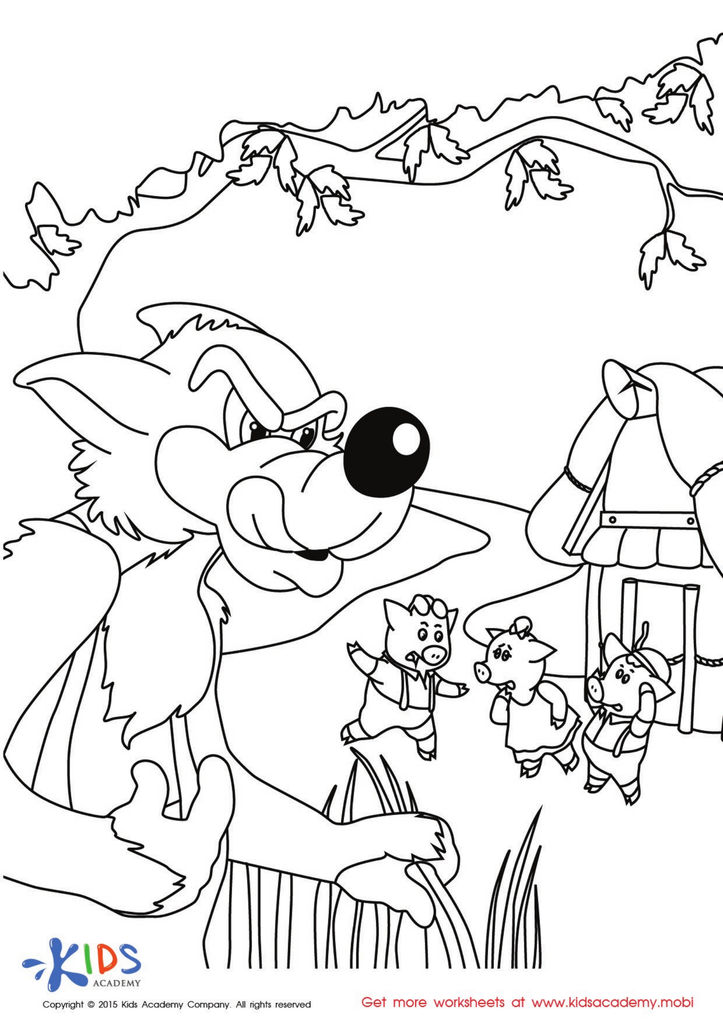

The Story of the Three Little Pigs Coloring Worksheet
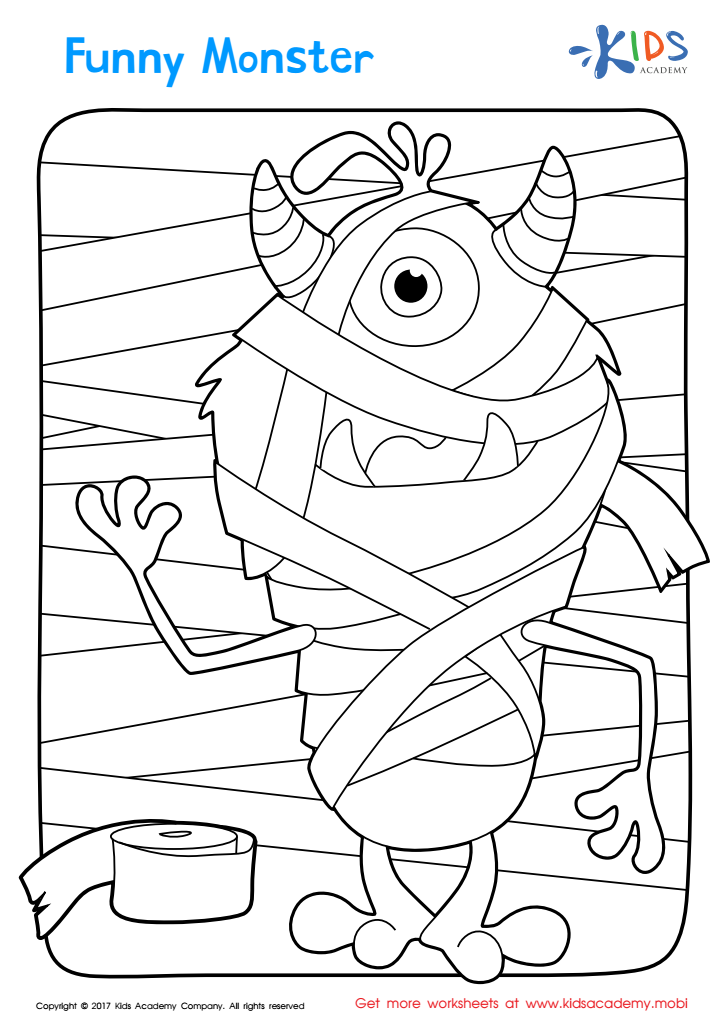

Halloween: A Funny Monster Worksheet
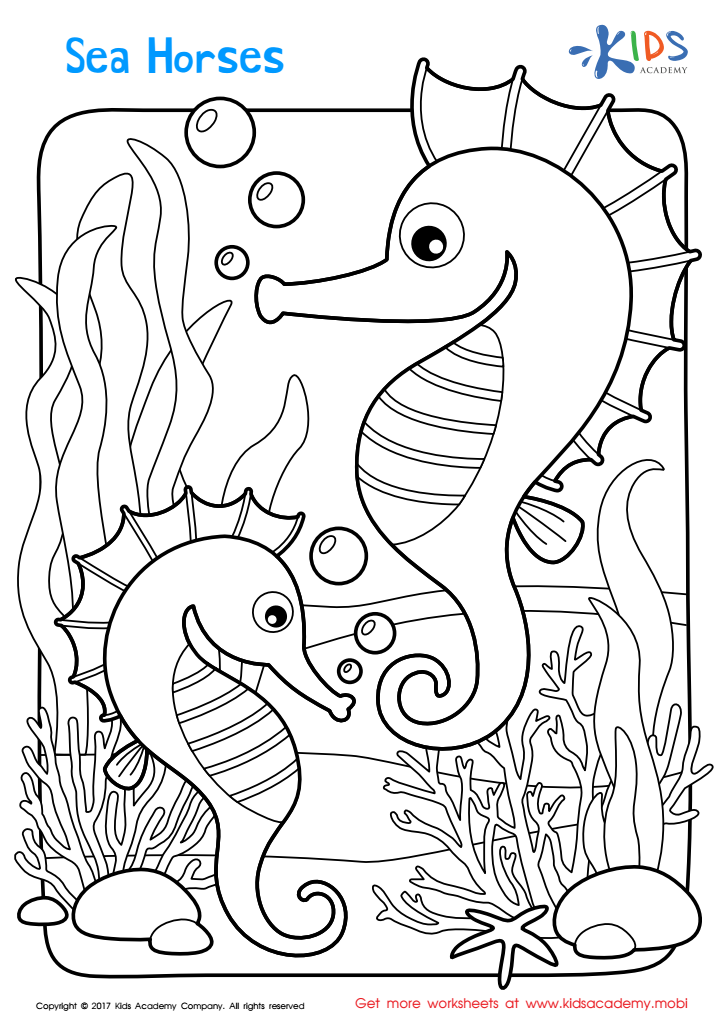

Sea Horses Printable
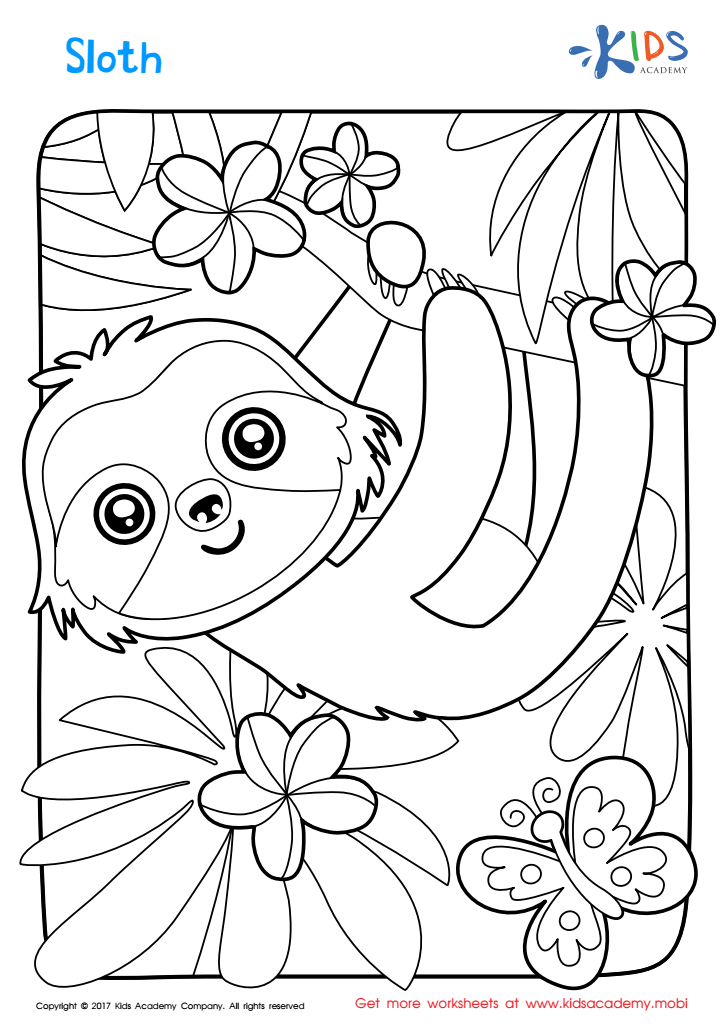

Sloth Worksheet
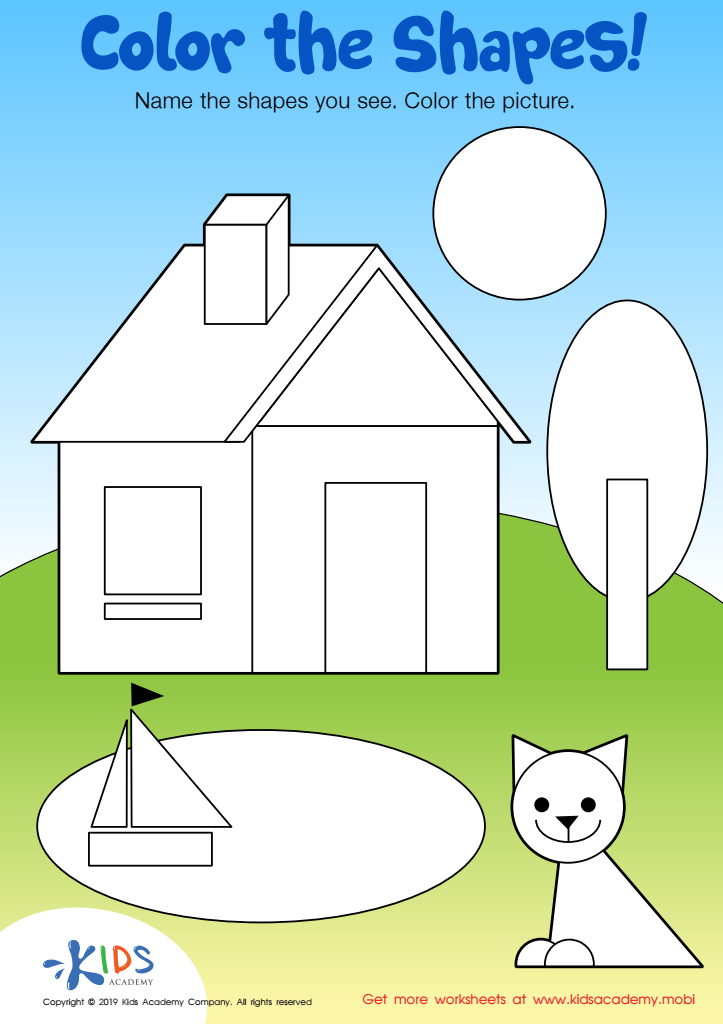

Color the Shapes Worksheet


Christmas: Christmas Tree Printable
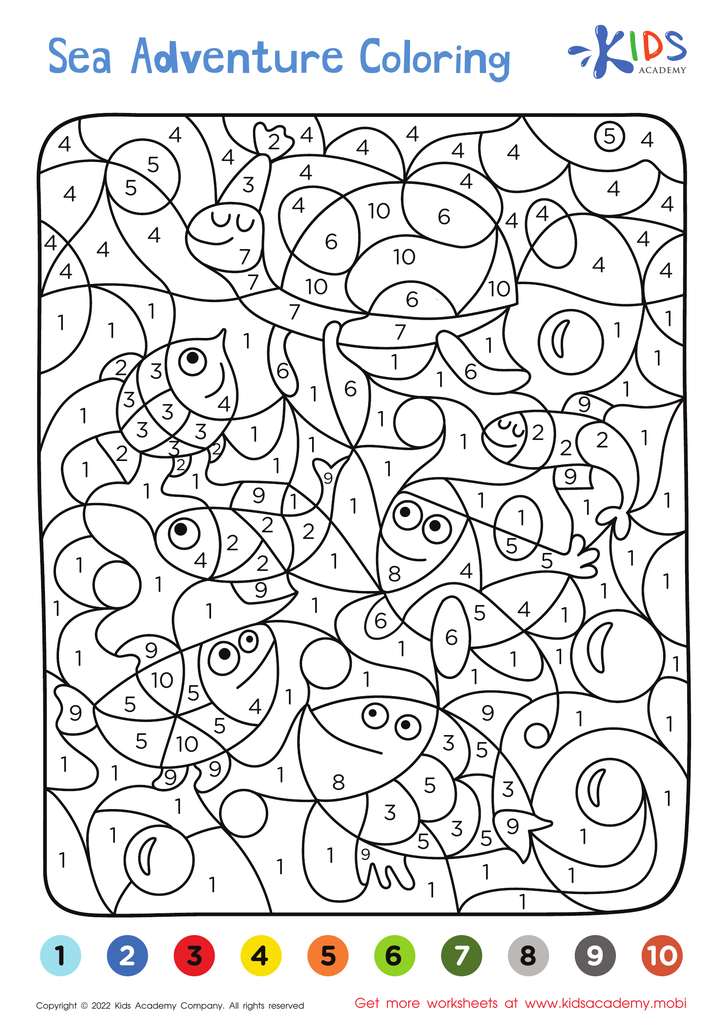

Sea Adventure – Coloring by Numbers
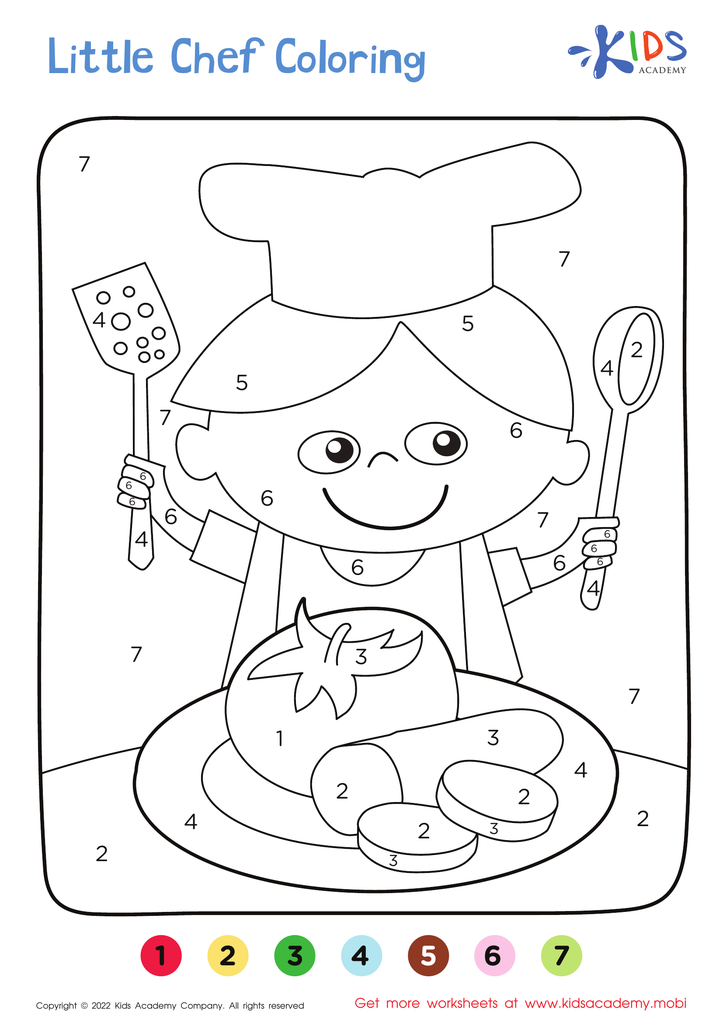

Little Chef – Coloring by Numbers
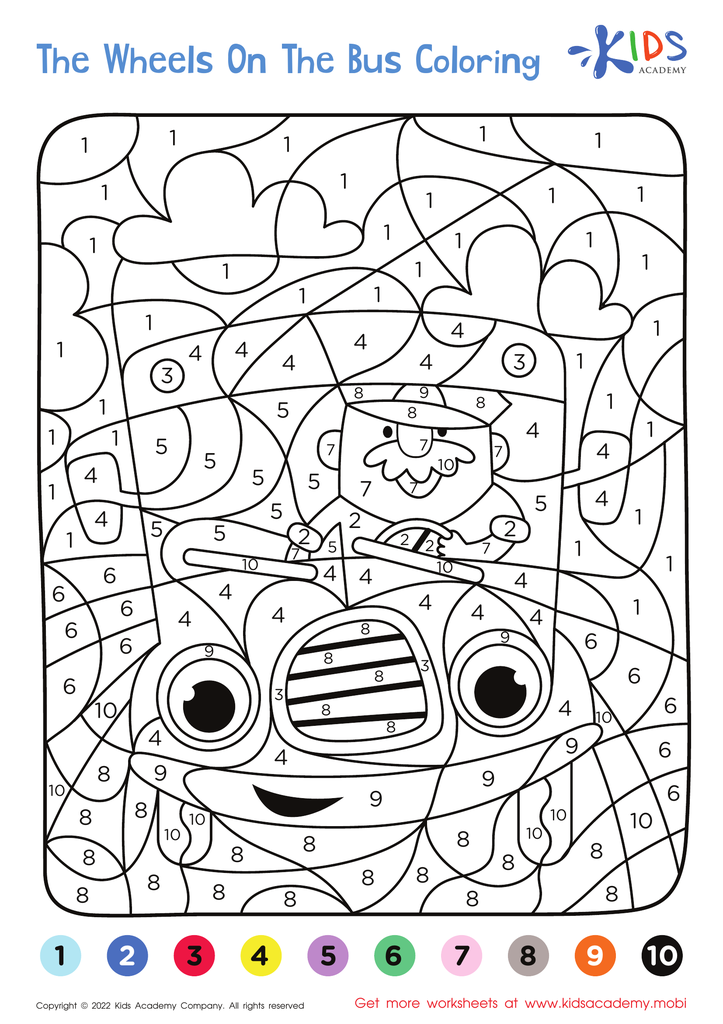

Wheels on the Bus – Coloring by Numbers
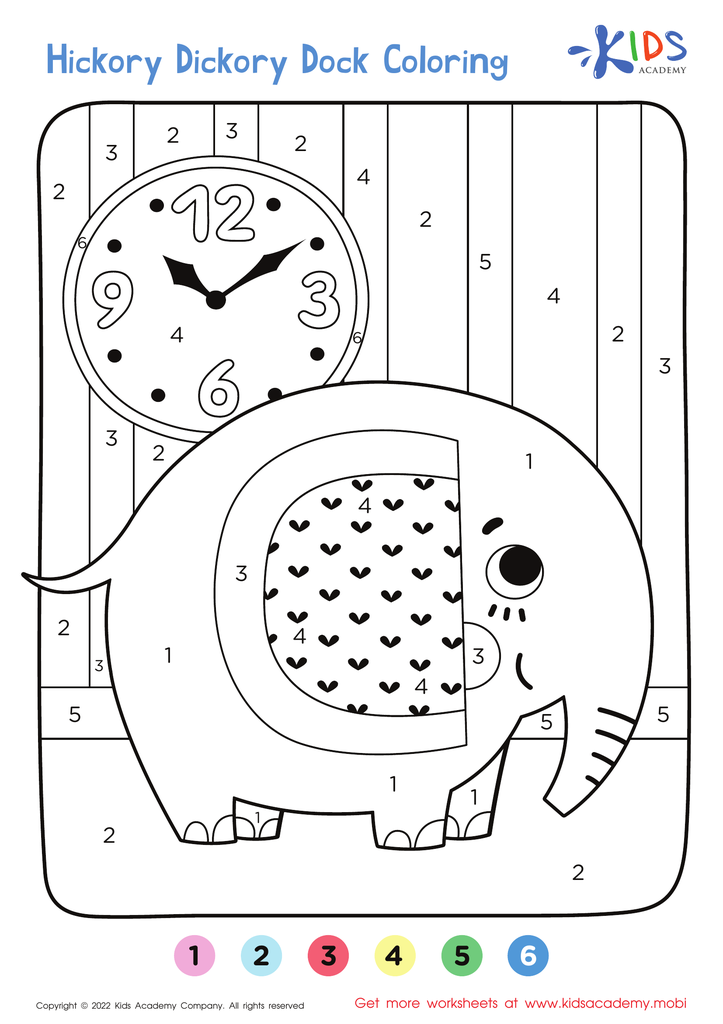

Hickory Dickory Dock – Coloring by Numbers


A Fox and a Bird – Coloring by Numbers
Color Identification Coloring Pages play a crucial role in the developmental stages of children aged 6-9. At this age, kids are at a critical point in understanding and recognizing different colors, which is vital for their cognitive learning, including reading and math skills. Consistently using color-based activities can significantly enhance a child’s ability to differentiate and identify colors, boosting their visual spatial awareness and memory retention.
For parents and teachers, these coloring pages are valuable educational tools. They foster creativity and self-expression, essential components of emotional development. Through coloring, children can explore their artistic side and feel a sense of accomplishment, which in turn raises their self-esteem. Additionally, coloring can improve fine motor skills, as children learn to control hand movements by staying within lines, developing both their dexterity and hand-eye coordination.
Moreover, these activities provide an excellent opportunity for parents and teachers to engage with children constructively. Discussing colors and pictures on the coloring pages facilitates conversational skills and can be a fun, interactive way of spending quality time. Given these benefits, integrating Color Identification Coloring Pages into a child’s daily routine supports holistic development, ensuring they gain comprehensive skills that go beyond textbook learning.
 Assign to My Students
Assign to My Students
